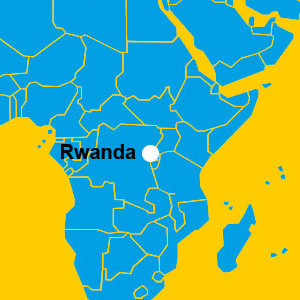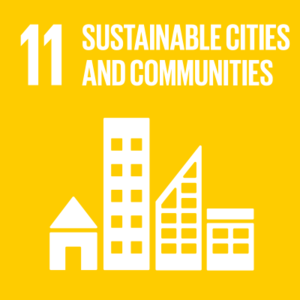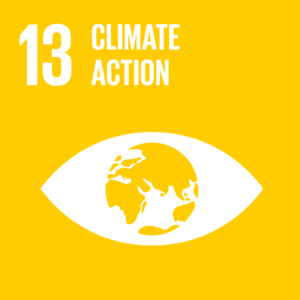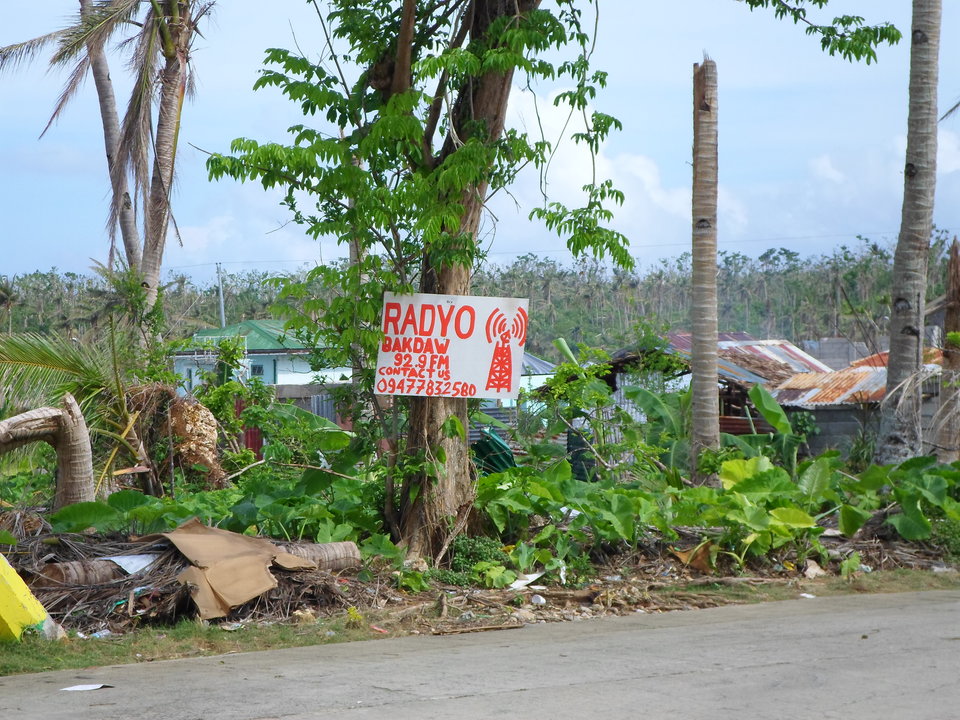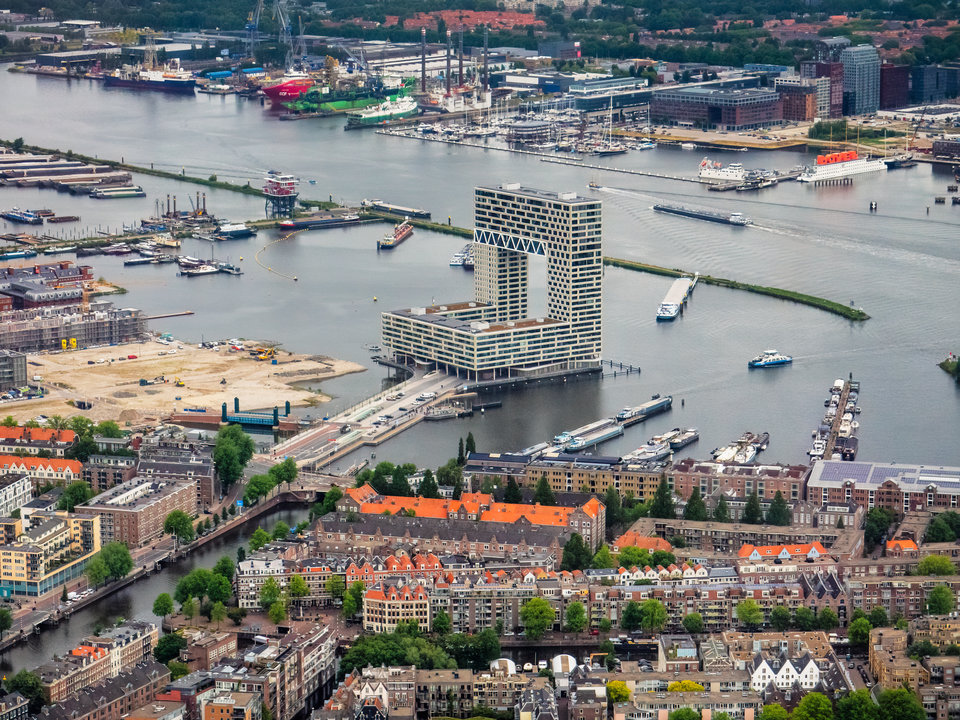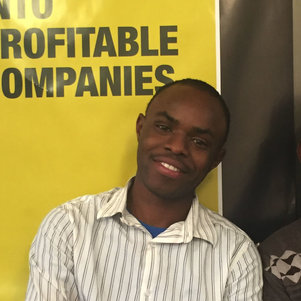Imagine being able to predict when lightning or floods are going to strike. If you’re a farmer or a fisherman in Africa, that knowledge could make the difference between life or death, profit or loss. So TU Delft’s first African spinoff, Severe Weather Consult, has a plan to provide low-cost, up-to-date weather data directly to the people of Africa using automated weather stations and smart phones.
In July 2015, Gilbert Mwangi (Kenya), Dominique Mvunabandi (Rwanda) and Walter Rwamucyo (Rwanda) combined their specialist knowledge of lightning, remote sensing and ICT to develop a system that can deliver high quality weather data directly to the end users by phone. The team’s idea won the 2000 USD VIA Water Business Accelerator prize and thus Severe Weather Consult Ltd. was born.
Now in The Netherlands, Mwangi and Mvunabandi are taking part in a 5-month iMPACT Booster programme to validate, upscale and fund ‘the best ideas that will help feed the world.’ “Since the starting of our company,” says Kenyan lightning researcher Mwangi, “we’ve received coaching and technical support from TU Delft, such as Marjan Kreijns (Innovation & Impact Centre), and they strongly encouraged us to apply for this iMPACT Booster business coaching trajectory, which was the right opportunity at the right time.”
As part of the programme, Severe Weather Consult will spend a 3-month validation phase in northern Rwanda, often referred to as the ‘lightning capital of the world’: in 2015 for instance, severe weather killed 68 people in the area, and 1100 houses and hundreds of hectares of crops were destroyed. “We want to build up a database of weather information using automated weather stations with lightning sensors, and then use this data to make predictions,” explains Rwandan remote sensing specialist, Mvunabandi.
Ultimately Severe Weather Consult hopes to increase Africa’s productivity by providing reliable weather information for all. “I want to be able to tell the farmer please harvest your crop before it rains next week,” says Mwangi. “Or warn the fisherman there’s going to be lightning later so he’d better go fishing now. That’s the kind of information I want to deliver to every farmer and fisherman in Africa so they can optimise their output.”
More Disaster Resilience and Response stories
Global Research Areas
